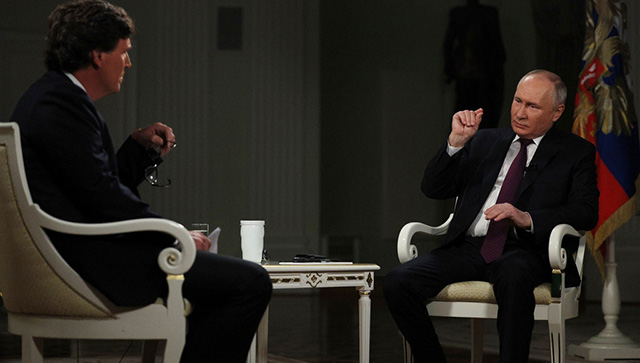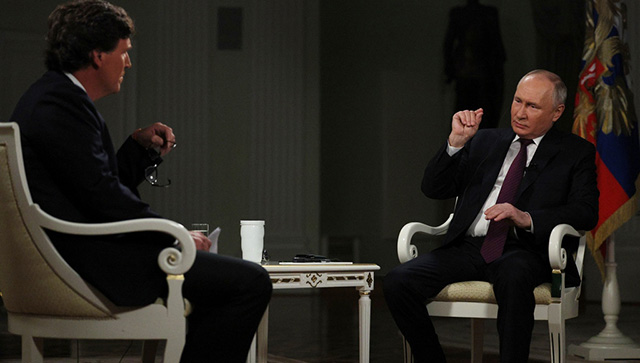Monica Lewinsky, writing for Vanity Fair on the 20th anniversary of the Ken Starr investigation, which uncovered her affair with President Bill Clinton, wrote about how she bumped into her old nemesis during Christmas Eve last year with her family and how her life has changed with the advent of the #MeToo movement.
Lewinsky introduced him to her family (Starr was with his family as well), and told him she’d wished she’d made “different choices back then” and added she’d wished Starr and his office had “made different choices too.” She wrote she’d later realised she’d been paving the way for him to apologise, but he hadn’t. Instead, he merely told her it was “unfortunate.”
Lewinsky also wrote that she’s learned that a person can’t run away from who they are or how they’ve been shaped by their experiences. She used the example of Salman Rushdie and the fatwa issued against him, saying she’d been working towards this realisation for years. She admits to having been diagnosed with post-traumatic stress disorder from being “publicly outed and ostracised” and that it’s been a long, arduous, expensive process.
She said that those events fundamentally reshaped American society in 1998 and that the Starr investigation and the Clinton impeachment was a crisis that Americans collectively endured. Even after the US Senate voted to acquit Clinton on the charges of impeachment in 1999, America could not escape the upheaval and partisan divide that it left behind, Lewinsky wrote.
Lewinsky added that thanks to the uncovering of the Harvey Weinstein story, historians hadn’t really had the perspective to fully process and acknowledge what Americans went through. That as a culture, America hadn’t properly processed those events. Lewinsky wrote that she hoped that the perspective of the time having passed will now allow Americans to examine the complexity and context of what happened (compassionately), which might lead to healing and a transformation of the system.
Lewinsky wrote about a letter she received from a woman leading the #MeToo movement, which brought her to tears. She wrote that while she’d received many letters during her trying times and had the support of friends and family, she was still alone. And terrified. She wrote that for the subjugator, isolation is a powerful tool, but that she wouldn’t have felt so isolated if she’d have to go through the same experience today.
She added that the sheer number of women speaking up to support one another is one of the most inspiring aspects of this newly energised movement, which has translated into the volume of public voice. Lewinsky added that historically, those who shape the story (often men) create the truth, but this collective rise in decibel level has provided a resonance for the narratives of women.
Lewinsky added that if the internet was her enemy in 1998, social media has proved a saviour for millions of women (cyberbullying, online harassment, doxing, and slut-shaming aside). She wrote that almost anyone can share a #MeToo story and instantly be welcomed into a tribe. That the “democratising power” of the internet — something unavailable to her back then, and which remained in the hands of the powerful (the president, the Congress, the prosecutors and the press) — has opened up support networks and penetrated those closed circles of power.
Lewinsky also reflected on her previous words in the Vanity Fair, where she wrote her boss took advantage of her, but she was firm on one point: The relationship was consensual and the abuse took part afterwards, when she was scapegoated to protect Clinton’s powerful position. She wrote that she now sees how problematic it was that they even reached a place where there was a question of consent, and that the road that led there was littered with inappropriate abuse of authority, station and privilege.
Lewinsky said that at the age of 44, she was starting to consider the power imbalance that existed between a president and a White House intern. She said that she’s beginning to consider whether in such an instance, the very idea of consent might well be rendered non-existent. However, she added that the situation is complicated and that she’s still reevaluating. Lewinsky added that she’s grateful to the #MeToo movement for letting her know she’s not alone and allowing her thinking to “shift.”


)




)
)
)
)
)
)
)
)